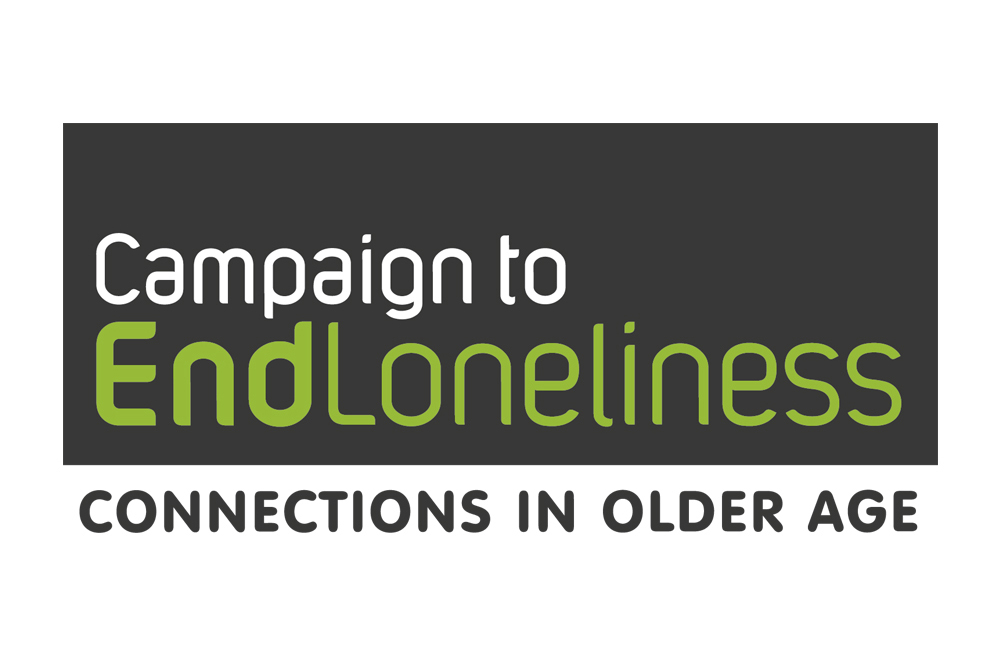We’re pleased the Campaign to End Loneliness has added its voice to our call for UK governments to recognise the psychological impact of the Covid-19 pandemic and ensure talking therapies are part of the immediate and long-term response.
The Office for National Statistics this week revealed the equivalent of 7.4 million people (31% of those asked) reported feelings of loneliness affected their wellbeing in the first month of lockdown.
Since 2011, The Campaign to End Loneliness has led on work to increase the understanding of the causes and impact of loneliness on individuals and society.
Loneliness is believed to be experienced by nine million people in the UK. The Campaign has led on research, reporting and campaigning which has had a particular focus on loneliness in later life.
Loneliness
Robin Hewings, Director of Campaigns, Policy and Research, said: “Loneliness is not in itself a mental health problem, but can be closely associated with anxiety and depression.
“We will shortly be publishing a report on psychological approaches to tackling loneliness, exploring the psychology of loneliness and detailing promising approaches that address these aspects for older people.
“We’re pleased to add our name to this important campaign, and we hope it highlights the impact of the Covid-19 pandemic on older people and the needs arising from increased risk and experience of loneliness.”
Jeremy Bacon, our Older People Lead, said: “Older people are at particular risk of chronic loneliness and becoming isolated by the Covid-19 lockdown and shielding requirements.
Mental health needs
“Our Covid-19 campaign includes calls to ensure additional mental health needs emerging from the pandemic are met, and it’s vital older people aren’t overlooked.
“We already know older people are less likely to access talking therapies and it’s imperative the Covid-19 response addresses these existing as well as new barriers.
“We’re pleased to collaborate with the CTEL, supporting its work to increase the understanding of psychological aspects of loneliness and the role that psychological therapies can play in supporting wellbeing in later life.”
Add your voice to the campaign by signing the petition.

